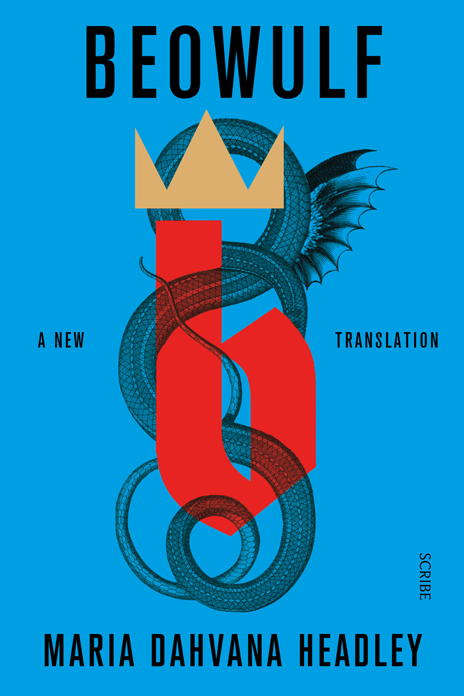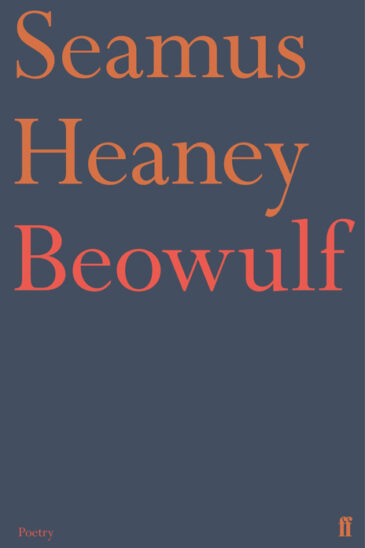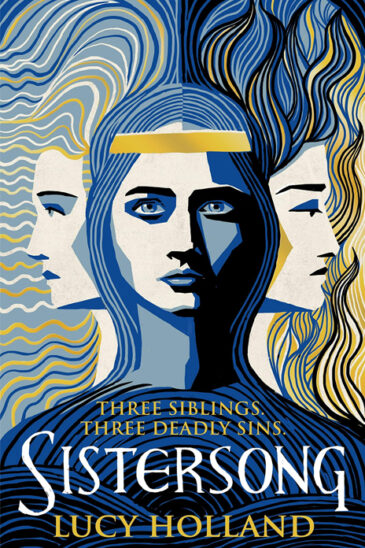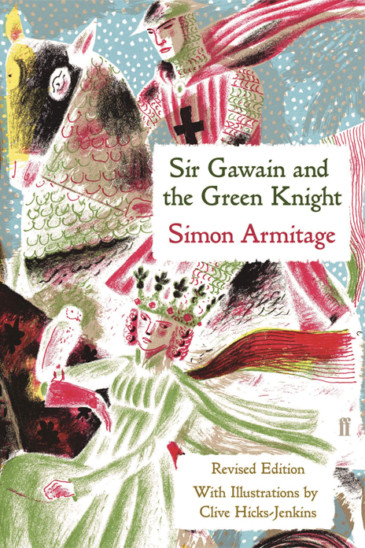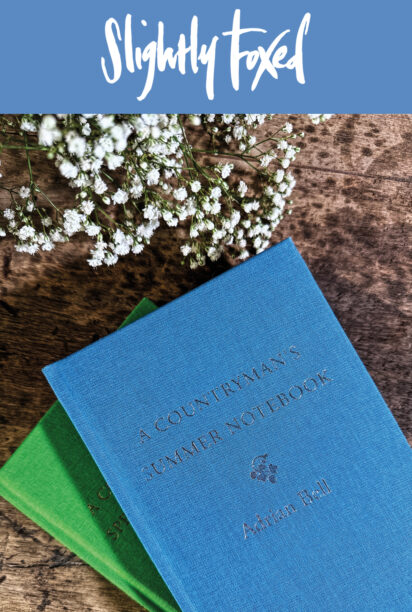A new verse translation of the epic poem by Maria Dahvana Headley, which brings to light elements that have never before been translated into English.
A man seeks to prove himself as a hero. A monster seeks silence in his territory. A warrior seeks to avenge her murdered son. A dragon ends it all. The familiar elements of the epic poem are seen with a novelist’s eye toward gender, genre and history – Beowulf has always been a tale of entitlement and encroachment, powerful men seeking to become more powerful, and one woman seeking justice for her child, but this version brings new context to an old story. While crafting her contemporary adaptation of Beowulf, Headley unearthed significant shifts lost over centuries of translation.
‘Enthralling, scalding . . . Headley combines newly-wrought ancient kennings with US street slang and lights up the women in the poem with unusual sympathy’ Marina Warner, The New Statesman
Cain’s Clan
The story of Beowulf is told in a little over 3,000 lines of poetry, written some time between the seventh and tenth centuries in Old English. The poet has a Christian viewpoint, just about, you...
Read more




